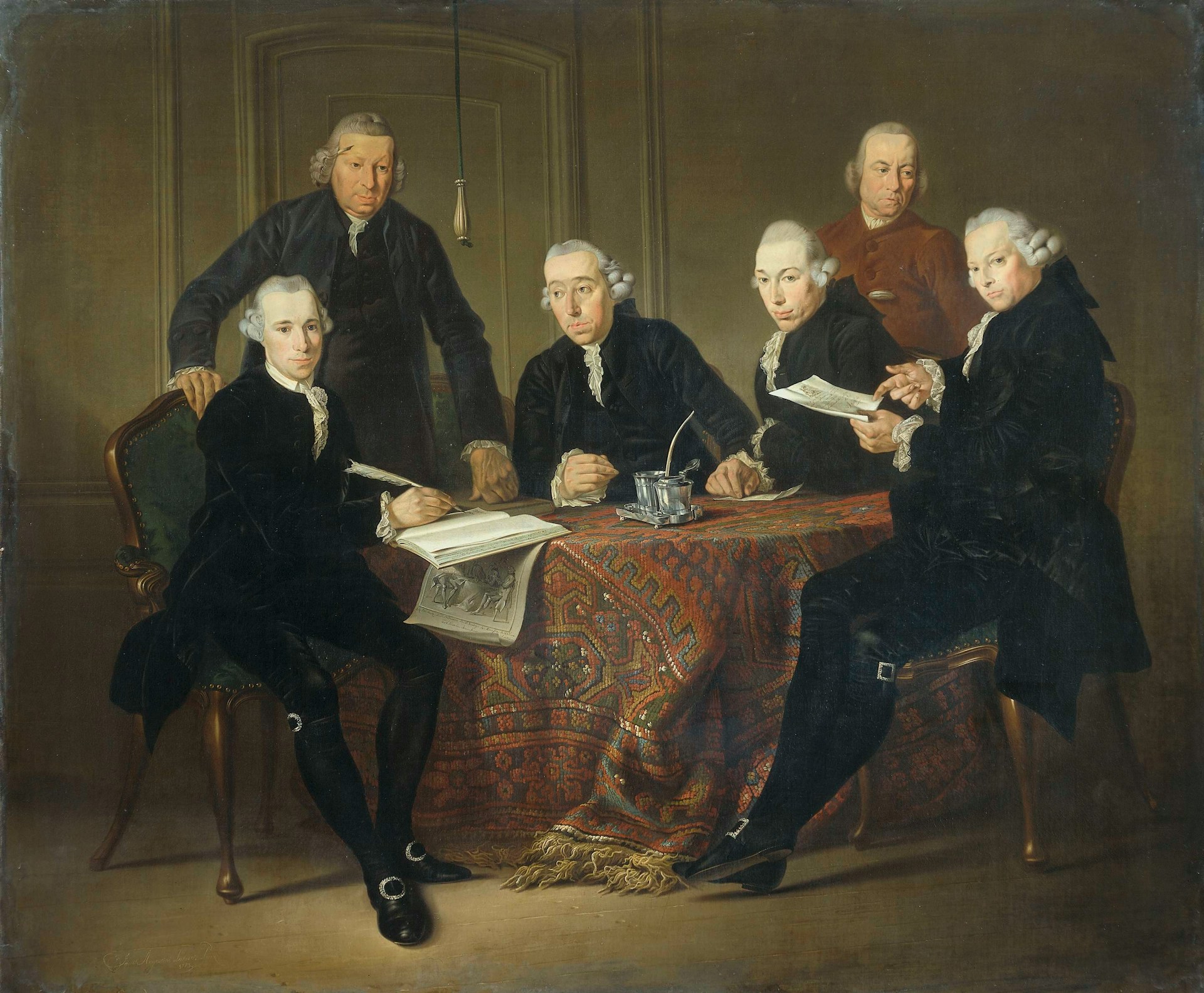An underappreciated skill, I have yet to find a single product manager (PM) who asked great questions and wasn't competent in their role. Asking excellent questions might seem like an unconventional way to identify a top 1% PM, but I encourage you to experiment with this idea and let me know if it works.
⚠️ Disclaimer: It's not just about asking questions. It's about asking good to great questions. Quality, not quantity, is what counts here.
Asking great questions implies:
- Being a Good Listener: If you've asked an insightful question, it means you're already an attentive and engaged listener; otherwise, your question might fall short. I want to stress that even basic listening is not a given for many professionals, so being an active listener can indeed set you apart as a top-tier PM.
- Confidence: In companies rife with political maneuvering, you need the self-assurance to ask questions, particularly when meetings involve high-level executives. The most competent PMs have the confidence to ask what they need to know, phrasing it the right way to guide the conversation in the desired direction. A great question doesn't have to be complex; it might be straightforward or even seem "silly" initially.
- Building the Right Thing vs. Being Right: While PMs may have differing opinions, they ask questions aimed at guiding the discussion towards constructing the correct solution, rather than merely asserting their correctness or forcing their viewpoint.
- Impact-Driven Questions: The best PMs don't ask questions just for the sake of it. They're not trying to impress others with their knowledge, make others feel uneasy, cultivate politics, or establish themselves as clever. They ask questions to propel the conversation forward and maintain a focus on the impact.
Understanding this principle can be instrumental in recognizing and nurturing top product management talent. Asking great questions, while seemingly simple, can reveal a deep understanding of what truly matters in the product development process, and reflects attributes that set the most successful PMs apart from the rest.
Relevant posts:
![[Notes] PM Habits Seminar: Get Shit Done by Shreyas Doshi](https://images.unsplash.com/photo-1517842645767-c639042777db?ixlib=rb-4.0.3&q=90&fm=jpg&crop=entropy&cs=srgb&w=1920)
![[Guide] Two decision making frameworks (+books)](https://images.unsplash.com/photo-1533073526757-2c8ca1df9f1c?ixlib=rb-4.0.3&q=90&fm=jpg&crop=entropy&cs=srgb&w=1920)























